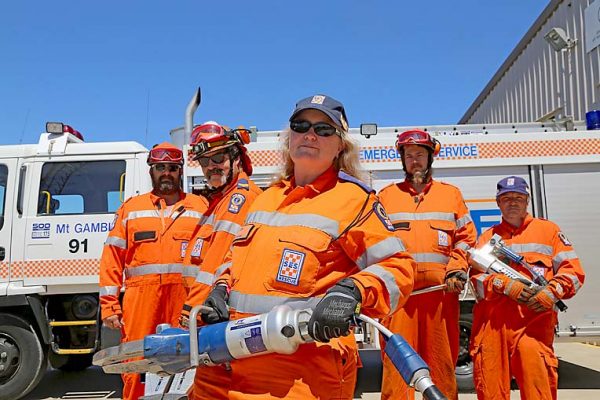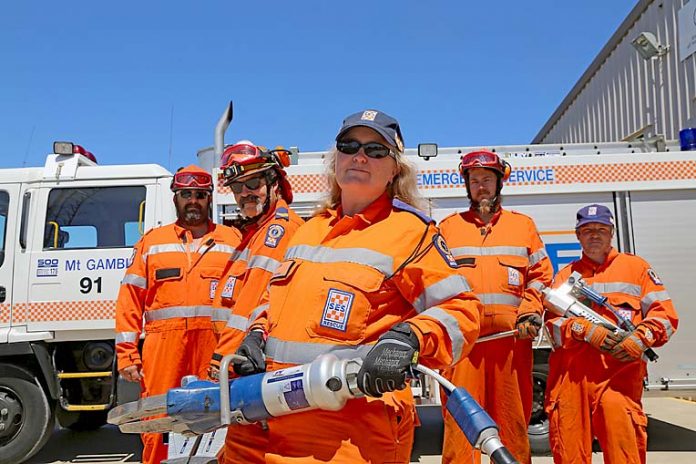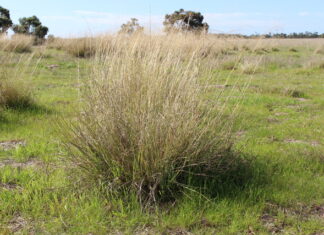
EMERGENCY service personnel are urging motorists to take care on the roads after the Limestone Coast endured a horror year with 13 people killed in motor vehicle
crashes.
While each fatal crash sends shock waves through the community and leaves families and friends devastated, the figure for 2018 was well above the four-year average of eight fatalities in the region.
Police data shows the statistic is a 160pc jump on the 2017 road toll of five in the region.
Meanwhile, serious injuries in collisions were down in the region from 49 in 2017 to 39, below the four-year average of 45.
Collision casualties overall were below average at 186 compared to 215 in 2017 and the 198 four-year average for the Limestone Coast.
The release of the figures follows South Australia recording its lowest annual road toll on record.
But authorities have vowed to continue their focus to bring the number of people killed on our roads below the 80 fatalities recorded in 2018.
Mount Gambier officer in charge Senior Sergeant Chris King said police had started Operation Riddoch in response to the spate of accidents on the Riddoch Highway.
“That is an operation we have been running for the last few months targeting speed, drink driving and inattention,” he said.
“We also have Operation Safe Holidays which we are actively involved in, which also targets the fatal five.
“There are a series of operations we run throughout the year targeting seat belts, mobile phone use and drink driving and we will continue to target the fatal five and continue to put as many resources on the highway as we can.”
Sgt King urged motorists to exercise caution while behind the wheel.
“We had 13 fatal accidents in 2018 compared to five in 2017,” he said.
“An increase of eight fatalities is still 13 too many because for us, the ultimate goal is to have zero fatalities.
“Not only do accidents affect family and friends, but it also impacts the emergency services that attend those tragic and often avoidable incidents.”
In the Limestone Coast, State Emergency Service units are responsible for road crash rescue, meaning the agency is the often the first response to an accident scene.
Crews administer primary first aid, stabilise both vehicles and casualties and then remove them for further attention if necessary.
SES Mount Gambier district officer Brad Flew said the last 12 months had been a busy period for volunteers in road crash rescue.
Mr Flew said while the agency had a number of mechanisms in place to assist volunteers after seeing confronting scenes, crews were not immune to short and long-term effects.
“Our volunteers will help people during potentially the worst day of their life,” he said.
“There is no doubt some scenes can have lasting effects on the responders and as an agency we do our best to support our volunteers coming back from critical incidents,” he said.
“From the start, there is a fair bit of training that goes in.
“In the city centre, we certainly do not see a lot of high impact, high speed crashes – those incidents usually occur on the highway.
“Occasionally we can absolutely be the first one on the scene, particularly in more rural areas in the upper South East like Bordertown and Keith.”
Mr Flew echoed Sgt King’s comments on a future free of deaths and serious injuries on the road.
He urged motorists to always “err on the side of safety and take it easy on the road”, particularly during peak times.








